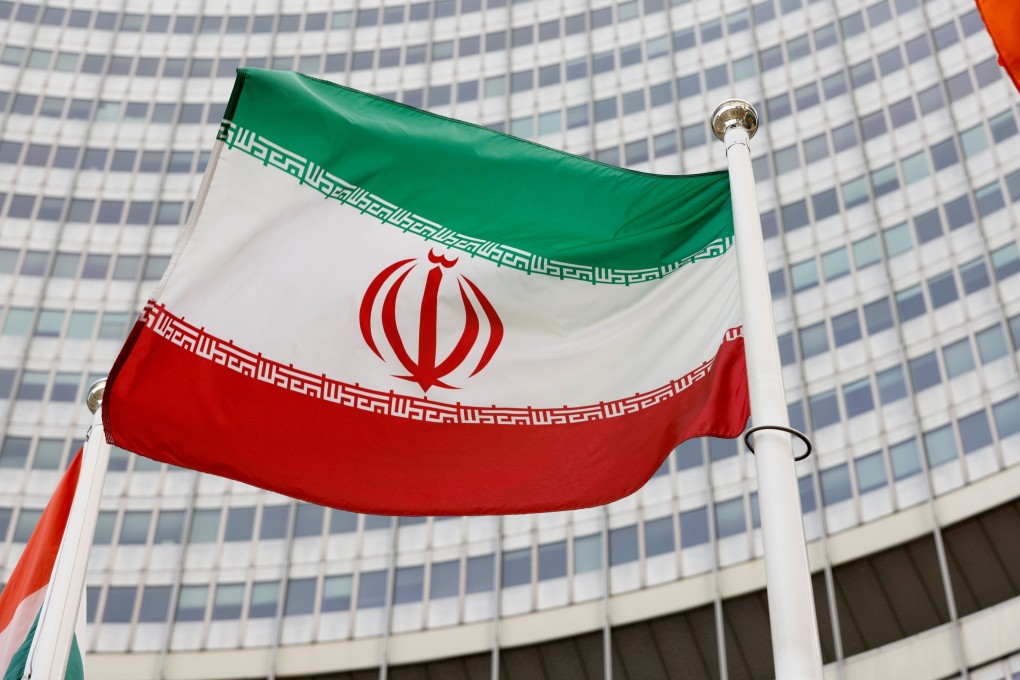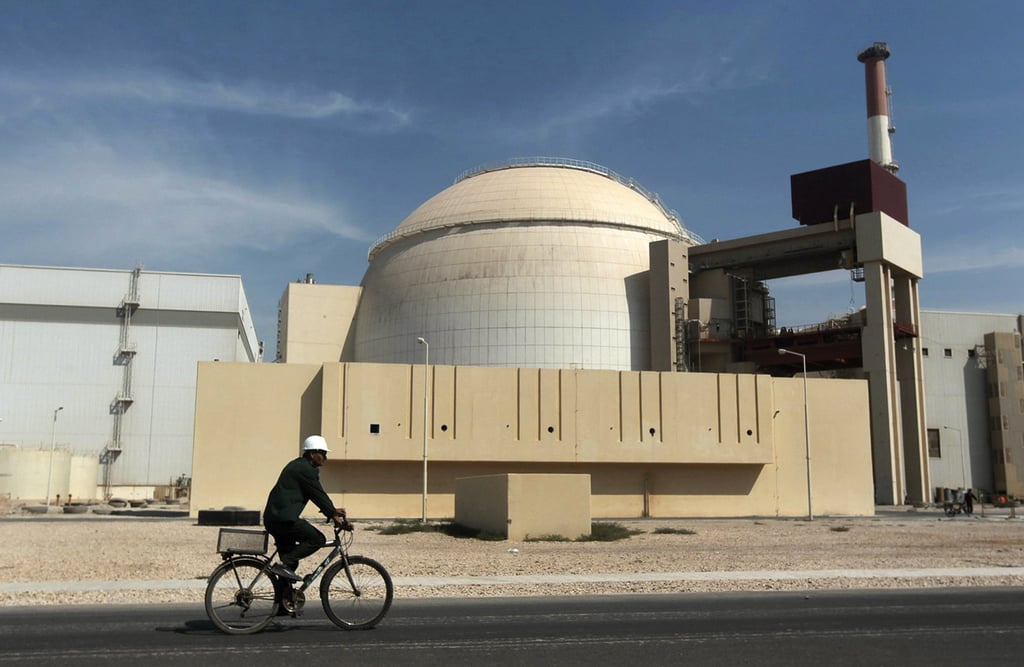Explainer | What to expect as stalled Iran nuclear talks resume
- China, France, Germany, Russia, Britain and the US will hold talks with Iran in Vienna on Monday, at a meeting chaired by the EU
- Iran wants the meeting to only address the terms of a US return. Washington left the Joint Comprehensive Plan of Action in 2018 under Donald Trump

Washington wants the negotiations to address Tehran’s rapidly expanding uranium enrichment programme, and the broader security threat Iran poses to its Arab and Israeli allies and their interests in the Middle East.
What does Iran want?
Citing the terms of the 2015 Joint Comprehensive Plan of Action (JCPOA), as the nuclear deal is officially known, Iran insists that the scope of the talks should be limited only to the terms of the US’ return.
Since the US under Trump reinforced crippling sanctions, Tehran has leveraged its nuclear programme to retaliate against Washington by slowly but surely backtracking on limits agreed under the JCPOA.

During prolonged negotiations on the resumption of talks, Iran increased the size and enrichment levels of its uranium stocks, but not yet attempted to produce weapons-grade fissile material – and continues to claim it would not seek to make nuclear warheads.
